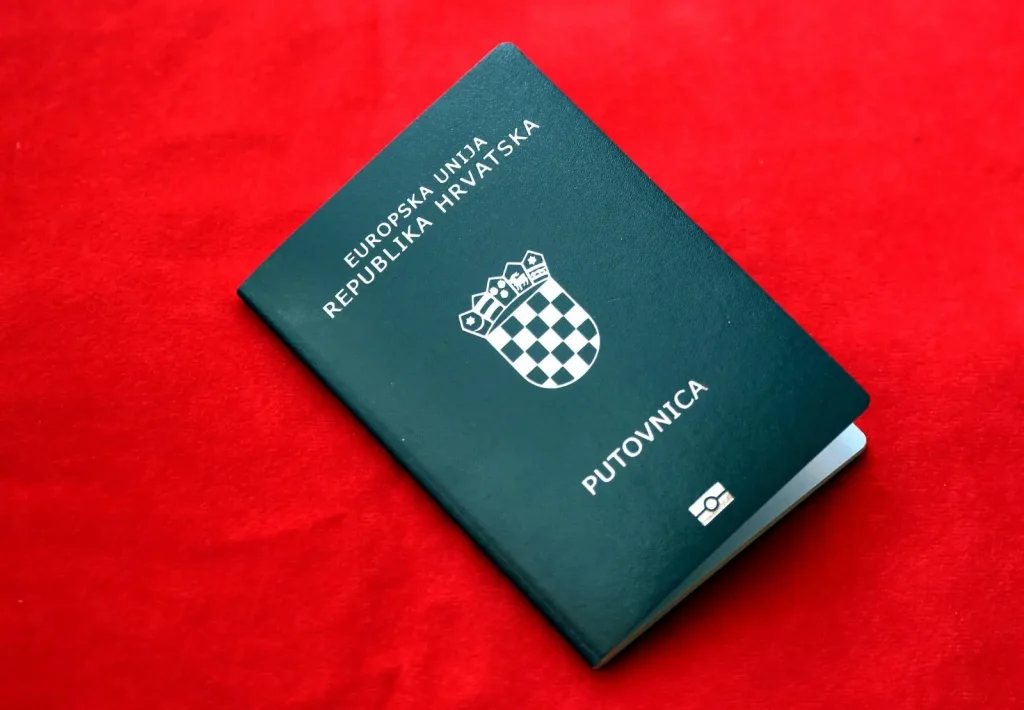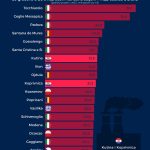During a visit to Croatia in November 2020, the Commission reaffirmed that the necessary conditions for the application of the Schengen acquis had been met, it is said in the resolution of the European Parliament, adopted with 505 votes in favor, 134 against, and 54 abstentions.
All but two Croatian MEPs voted in favor of the resolution. Those two who voted against were an MEP of the European Conservatives and Reformists (ECR), Ladislav Ilčić, and independent MEP Mislav Kolakušić.
The Parliament also called on Croatia to address the identified shortcomings, especially in terms of staff training, the number of staff, and the capacity to protect the land border and to persist in a thorough assessment of respect for fundamental rights following repeated reports by NGOs and the media on abuse, violence, and pushbacks by border police officers.
In that context, the document welcomes the establishment of independent mechanisms to monitor the actions of police officers towards illegal migrants and applicants for international protection.
Croatia expects that its membership in the Schengen area could be on the agenda during Slovenia’s presidency of the EU in the second half of this year, Croatian Prime Minister Andrej Plenković said in late May.
In October 2019, the Commission said that Croatia had met the criteria for joining the Schengen area while in early June it invited EU countries to admit Croatia to the Schengen area.
All EU countries except Croatia, Bulgaria, and Romania are members of Schengen, as are four non-EU countries — Iceland, Norway, Switzerland, and Liechtenstein.
Violence against migrants
The resolution also says that there are still allegations of violence against migrants, including those seeking international protection, and of illegal pushbacks at the EU’s external borders, but no member states are explicitly mentioned.
In that context, it is stressed that the EU does not have a developed mechanism for monitoring fundamental rights at its external borders, which should change.
The Parliament is deeply concerned due to constant and serious reports on violence and pushbacks at the external border, including from one member state to another and then to a third country.
For more about politics in Croatia, follow TCN’s dedicated page.











